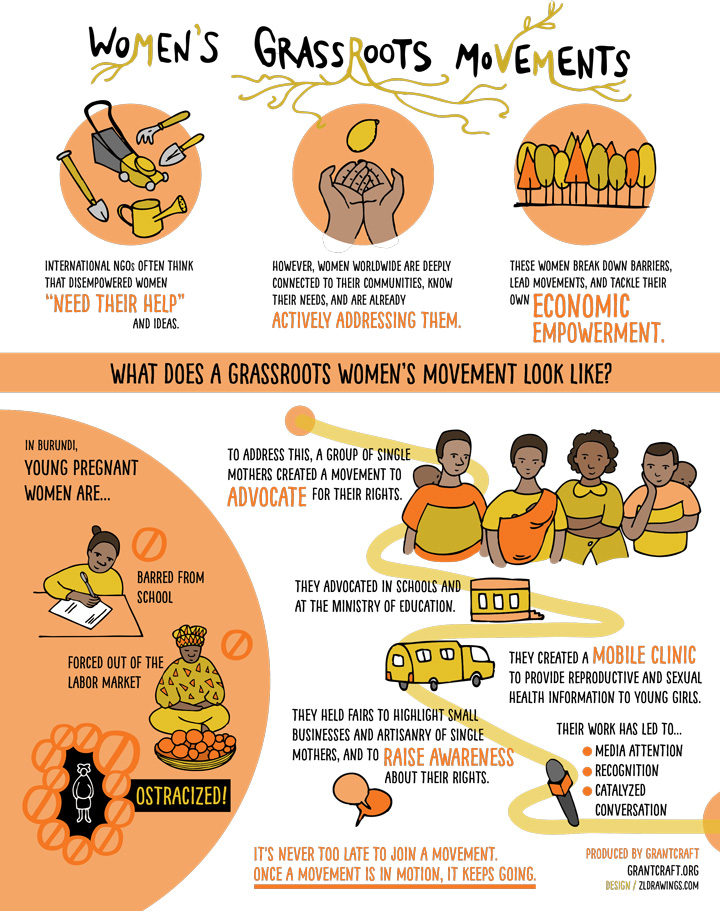Impact Evaluations and Development: Nonie Guidance on Impact Evaluation
In international development, impact evaluation is principally concerned with final results of interventions (programs, projects, policy measures, reforms) on the welfare of communities, households, and individuals, including taxpayers and voters. Impact evaluation is one tool within the larger toolkit of monitoring and evaluation (including broad program evaluations, process evaluations, ex ante studies, etc.).
The Network of Networks for Impact Evaluation (NONIE) was established in 2006 to foster more and better impact evaluations by its membership -- the evaluation networks of bilateral and multilateral organizations focusing on development issues, as well as networks of developing country evaluators. NONIE's member networks conduct a broad set of evaluations, examining issues such as project and strategy performance, institutional development, and aid effectiveness. By sharing methodological approaches and promoting learning by doing on impact evaluations, NONIE aims to promote the use of this more specific approach by its members within their larger portfolio of evaluations. This document, by Frans Leeuw and Jos Vaessen, has been developed to support this focus.
For development practitioners, impact evaluations play a keyrole in the drive for better evidence on results and development effectiveness. They are particularly well suited to answer important questions about whether development interventions do or do not work, whether they make a difference, and how cost-effective they are. Consequently, they can help ensure that scarce resources are allocated where they can have the most developmental impact.
Authors
Frans Leeuw, Jos Vaessen
Publishers
Network of Networks on Impact Evaluation, The



